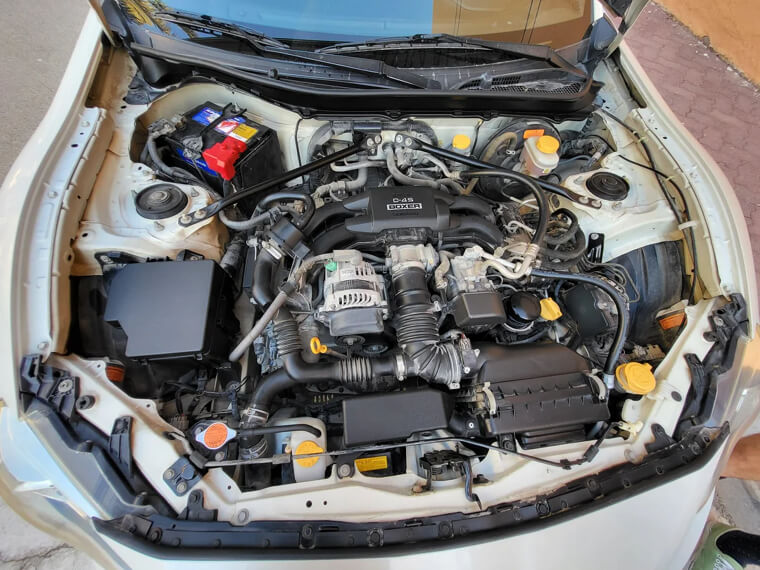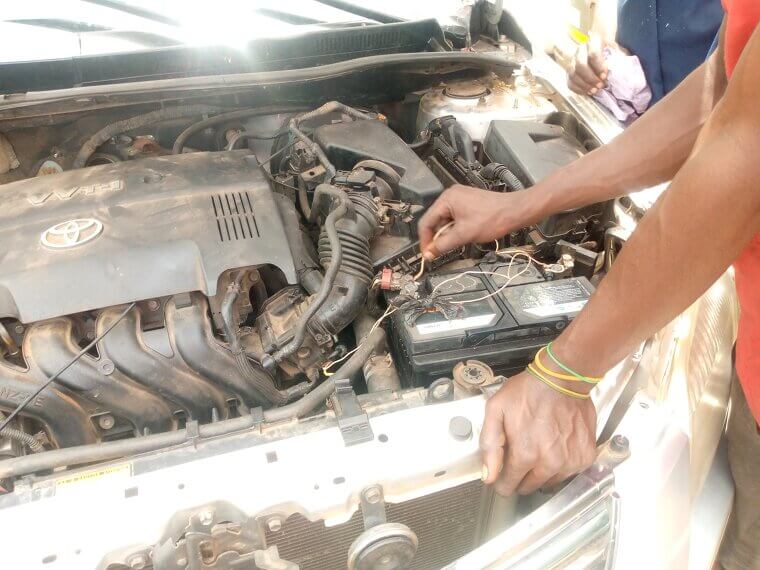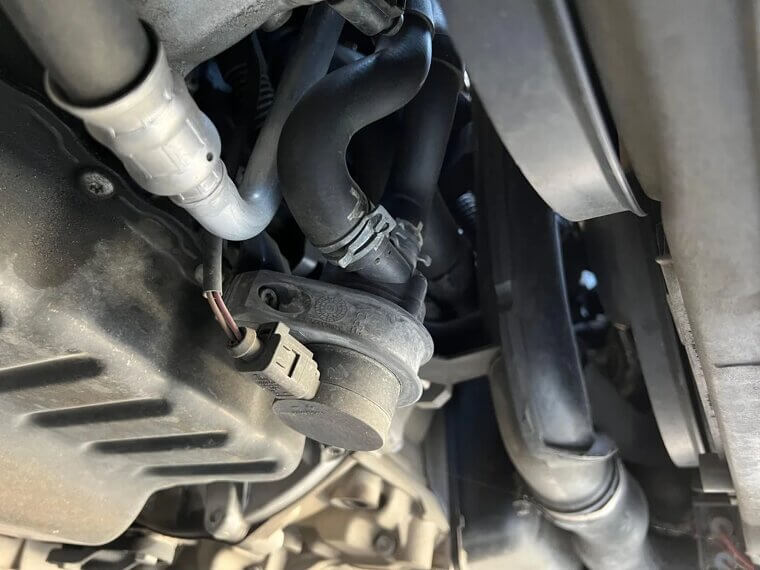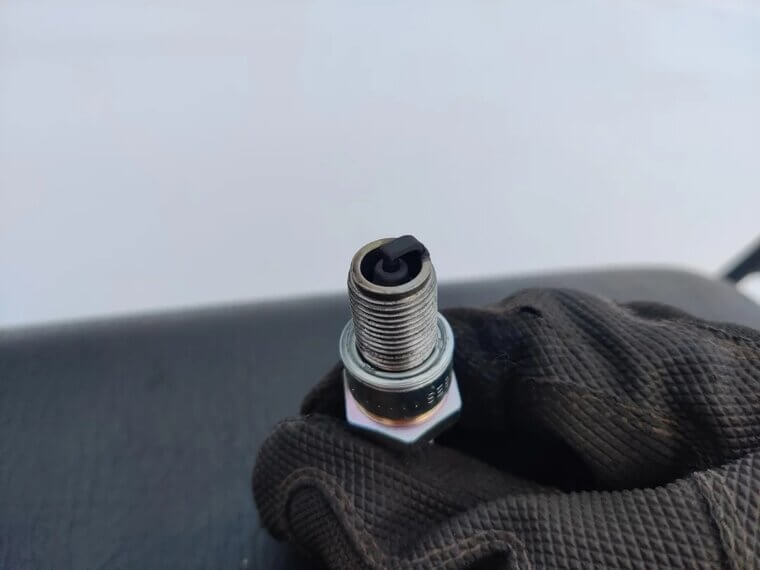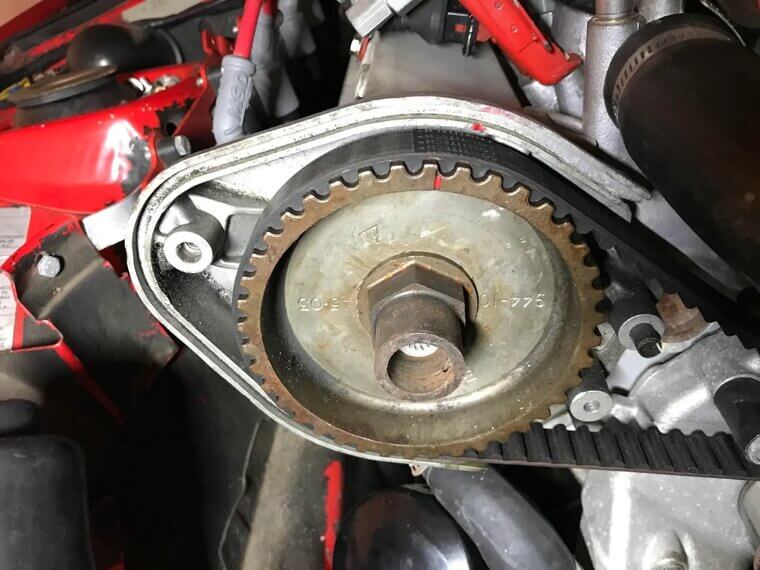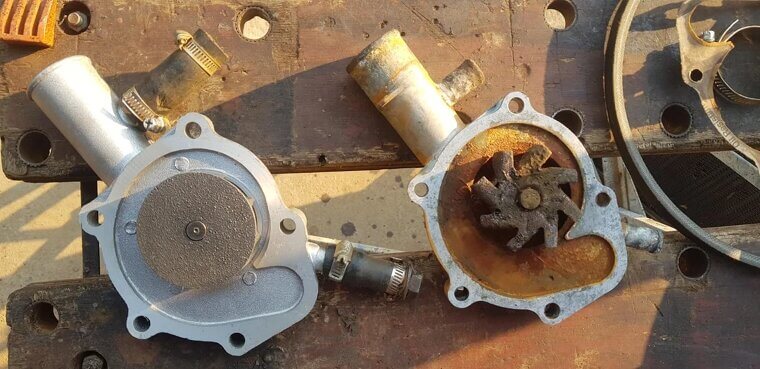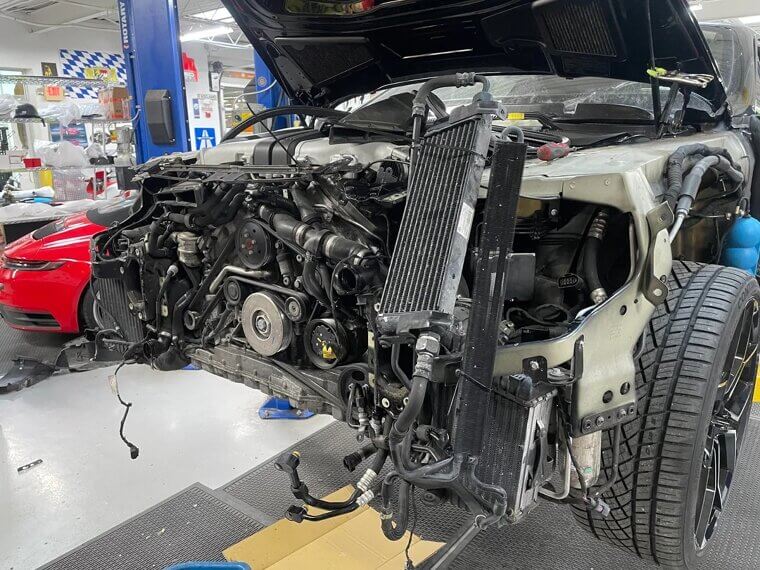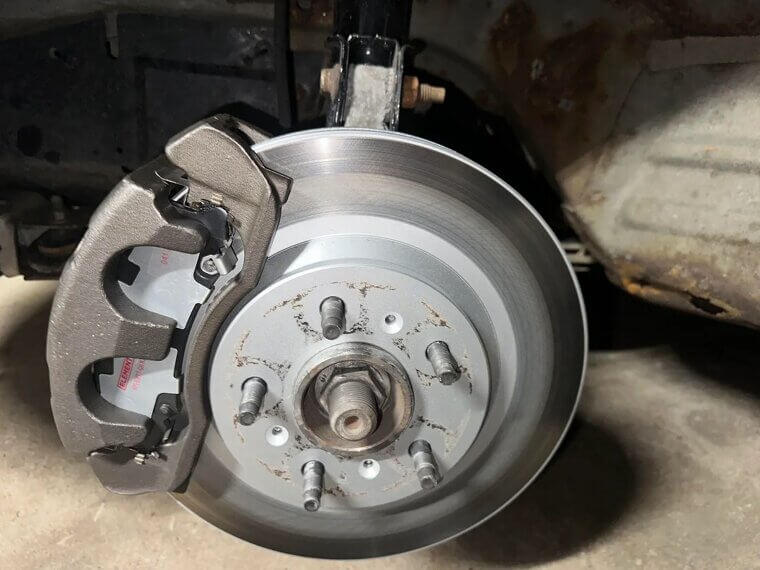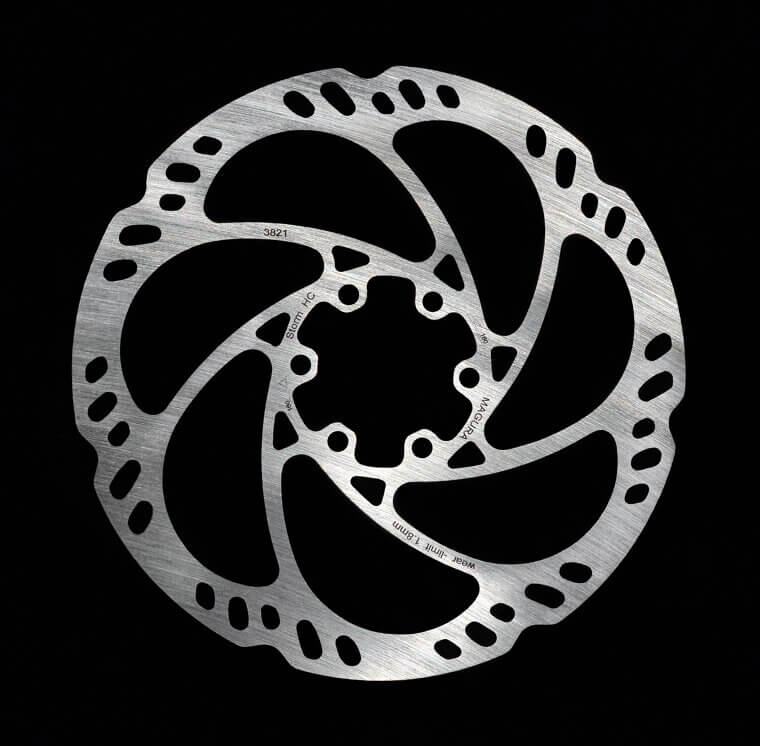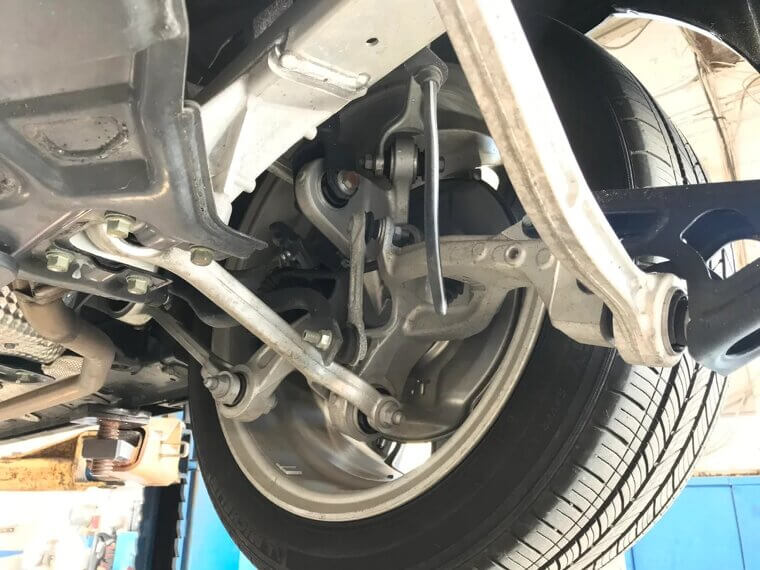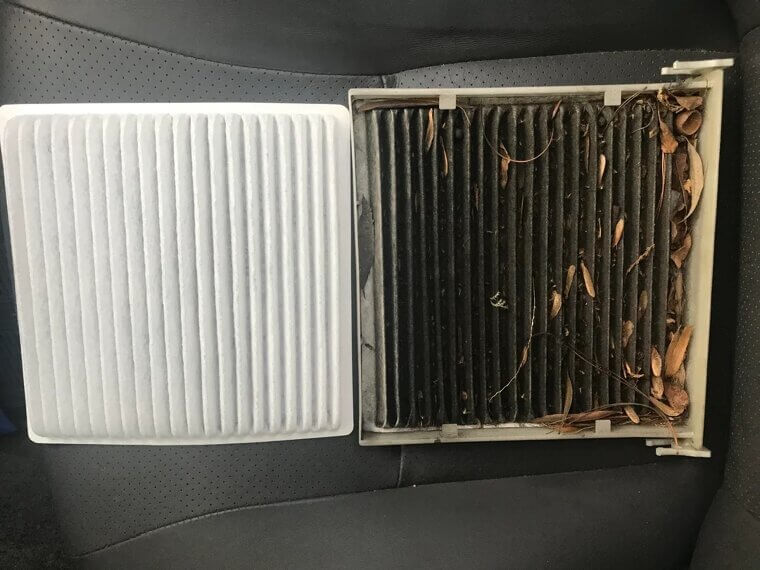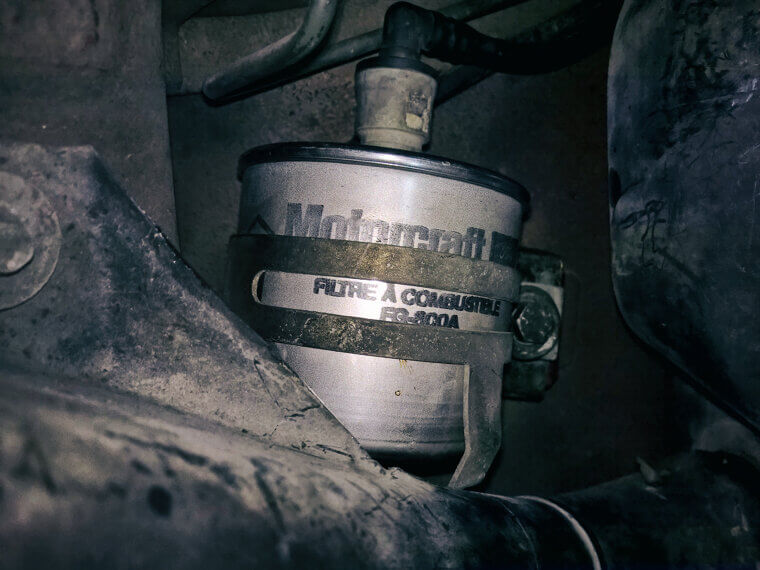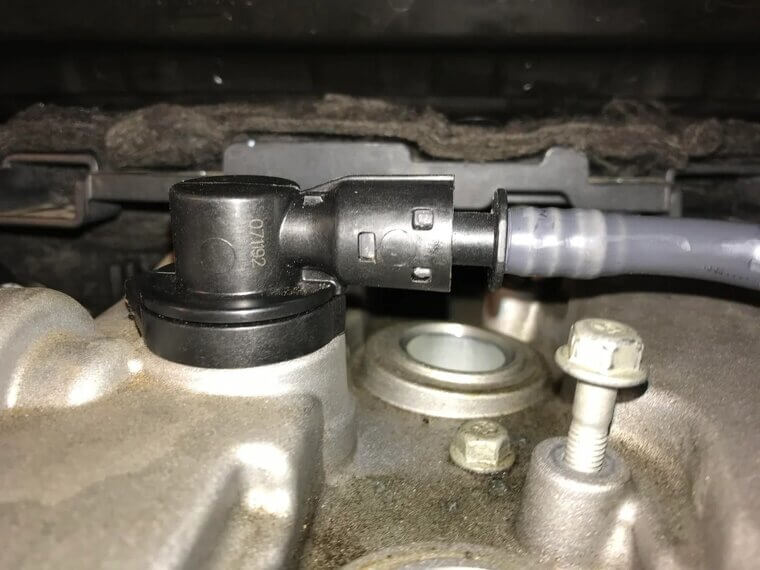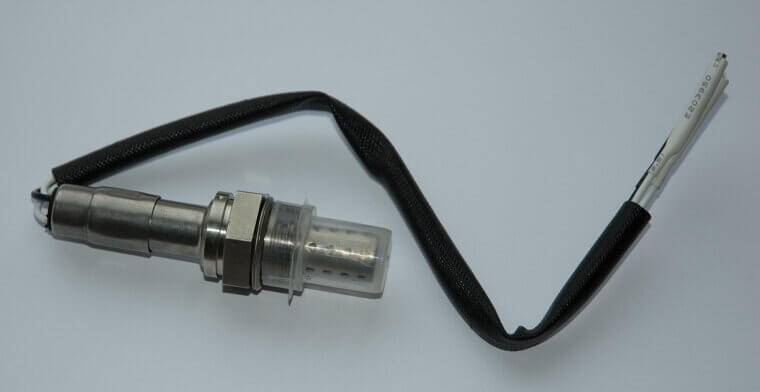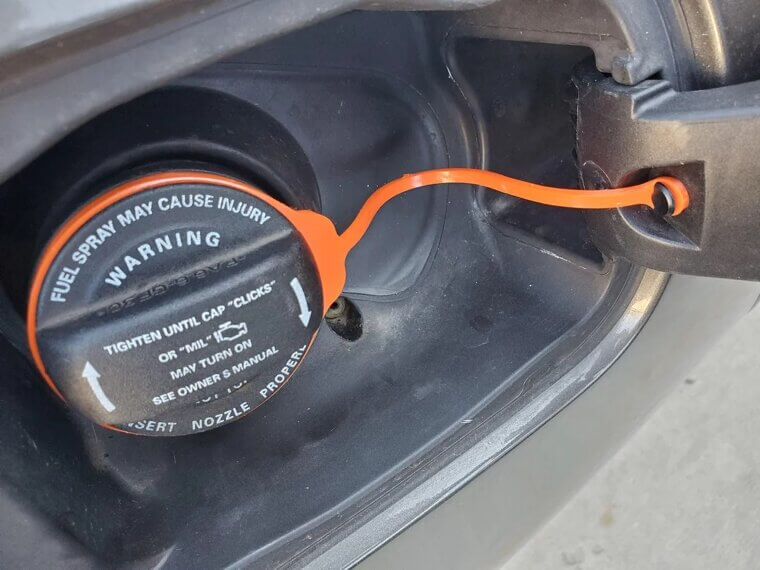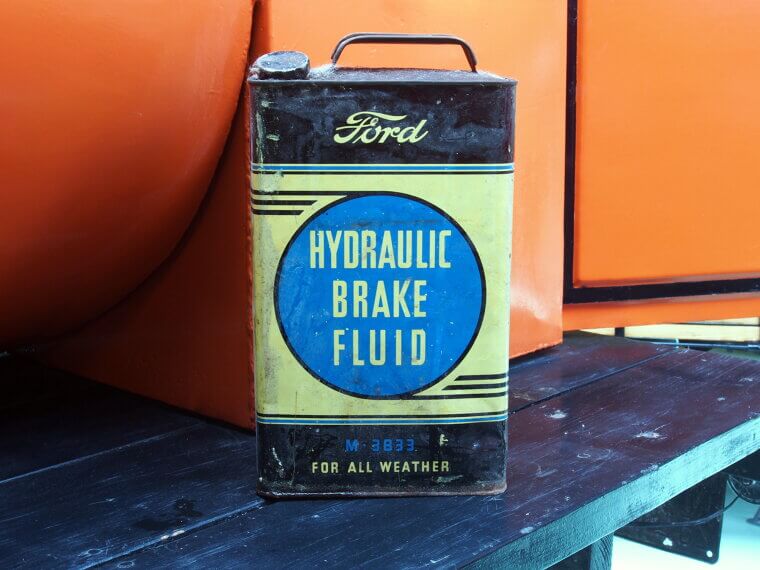These Are the Most Common Car Repairs You Can Expect at the Various Mileage Points
Even though owners tend to get decent mileage out of most modern-day cars, they definitely aren’t indestructible. Usually, after a certain mileage, problems begin cropping up every now and again, making repairs essential. Let’s take a closer look at 15 of the most common car repairs caused by long mileage.
The Battery
One of the most problematic issues a car can encounter is a battery fault. Most batteries tend to last between 30,000 and 50,000 miles before giving in. When a car is bought new, owners usually receive a 5-year warranty on their battery. To extend its life, be sure to service the battery every year or so.
Coolant Hoses
Years of extreme temperature fluctuations cause damage to coolant hoses. For this reason, it doesn’t come as too much of a surprise that this component is usually one of the first to go once your car reaches a certain mileage.
Spark Plugs
Most manufacturers design spark plugs to last between 30,000 and 100,000 miles. It’s important that you check the spark plug often, as it is prone to wear and tear. If you notice any serious damage, it is definitely worth replacing. Just be sure that you replace it with one made out of the same material!
The Timing Belt
Most manufacturers recommend replacing the timing belt every 30,000 miles. If you notice that your engine is running poorly, the timing belt may be the problem. Engine misfires also place unnecessary stress on the timing belt, which can lead to additional damage.
The Water Pump
The water pump should always be replaced after replacing your timing belt - even if it is not actually leaking. This will help to properly maintain your vehicle’s cooling system, as well as prevent any serious engine damage.
The Serpentine Belt
Generally, serpentine belts last anywhere between 50,000 and 100,000 miles. This component wears down slowly and may not show initial signs of damage. While you may think that it is in perfect condition, it could actually be on the verge of giving in. For this reason, experts usually recommend having your serpentine belt checked during every oil change.
Brakes
One component of your vehicle that you never want to fail is the brakes. While there is no general guideline on mileage for when you should have your brakes checked, they usually last about 75,000 miles before starting to deteriorate rapidly.
Disk Brake Rotors
Under normal driving conditions, disk brake rotors last about 30,000 to 70,000 miles. However, modern-day vehicles feature thinner rotors, which means that they need to be checked more regularly.
Shock Absorbers and Struts
Unless you drive off-road often, most shock absorbers and struts should last upwards of 50,000 miles. If you notice that your vehicle no longer drives as smoothly as it once did, it is usually a good sign that you should have these components checked or replaced.
Engine and Cabin Air Filters
Engine and cabin air filters should be replaced every 15,000 to 30,000 miles. However, if you drive through dusty conditions or heavily polluted air often, you may need to have them checked more frequently.
The Fuel Filter
Even though fuel filters are a very small component of your vehicle, they are incredibly important. Most manufacturers recommend having them replaced every 20,000 to 40,000 miles. However, if you drive off-road often, chances are your fuel filter will need replacing more often.
The PCV Valve
Depending on your driving conditions, the PCV valve typically needs replacing every 24,000 miles or so. You can check it yourself by simply removing the valve and shaking it. If you hear the spring-loaded check valve rattling inside, it means that your valve is in working order.
Oxygen Sensors
Oxygen sensors wear down pretty quickly and play a crucial role in your vehicle's fuel economy, drivability, and tailpipe emissions. Most manufacturers recommend having them replaced every 50,000 miles or so.
The Gas Cap
While gas caps don’t have a general guideline for mileage replacement, they are crucial when it comes to your vehicle’s emission control system. As a rule of thumb, replace your cap every 50,000 miles. If you notice that it is cracked, torn, or won’t tighten properly, replace it sooner.
Brake Fluid
Contrary to what many believe, brake fluid eventually goes bad. This is especially true if exposed to frequent temperature fluctuations. As a result, most manufacturers recommend having your fluid drained and replaced every 30,000 miles or so.

